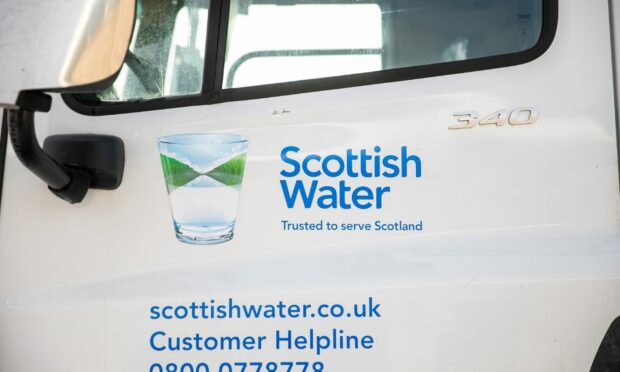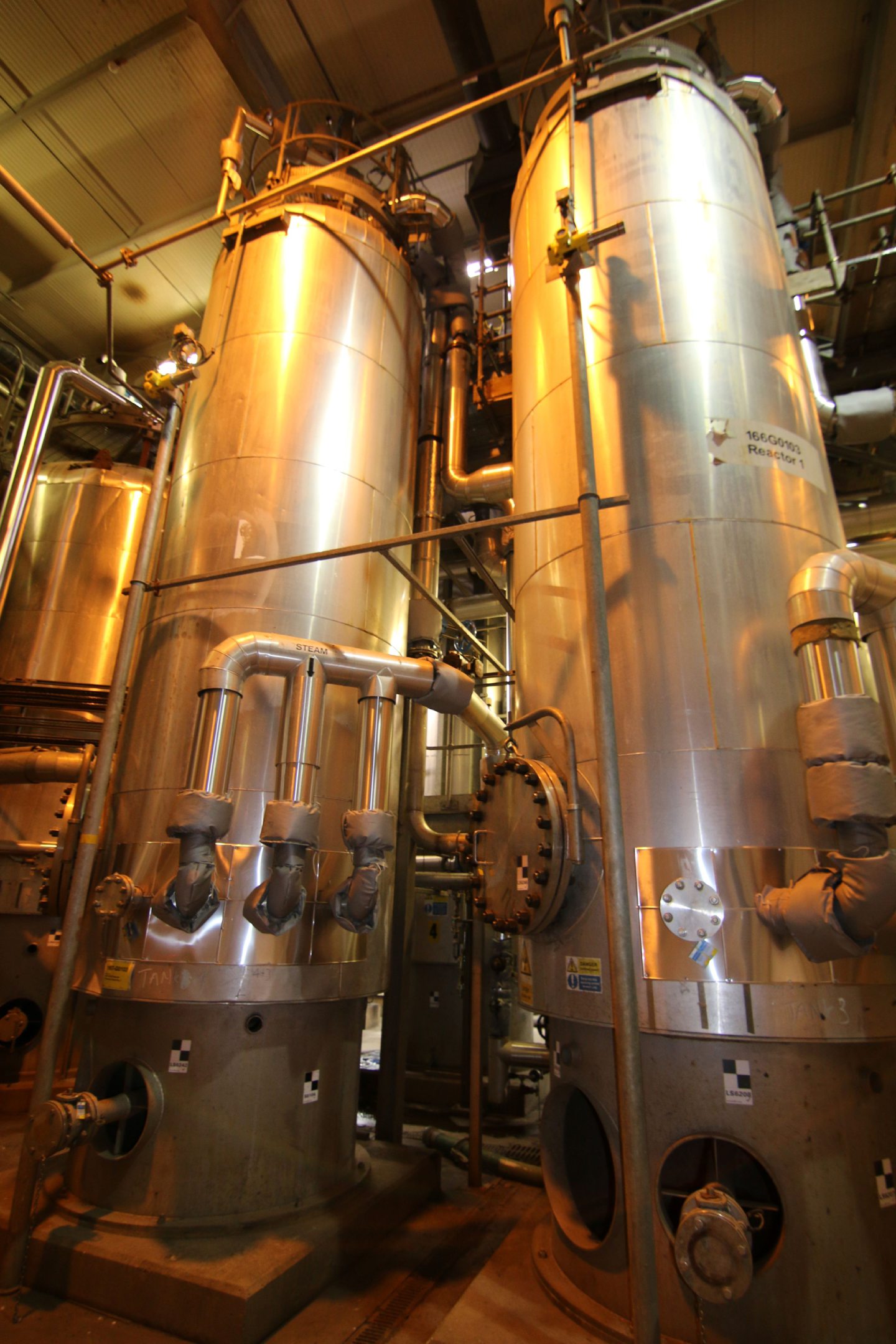A Scottish Water site in Aberdeen has transformed its carbon footprint and increased its green energy production by generating power from waste water.
Following upgrade work at the Cambi thermal hydrolysis plant, which was installed 20 years ago at Nigg Waste Water Treatment Works, the company has now halved its CO2 emissions since 2019.
The improvements have allowed additional sludge to be treated on site, increasing the amount of biogas produced by between 25% to 30%.
This has enabled more green energy to be generated, as well as reduce the amount of fuel oil used to power the boiler – cutting around 1,300 tonnes of CO2 emissions and saving more than £250,000 per year.
It has also prevented thousands of tonnes of sludge from going to land recycling where it would release harmful methane gas.
The site is now able to consistently produce between 80 to 90% of its electricity needs through two Combined Heat and Power (CHP) engines, with periods where it is also exporting excess power to the national grid.
Efforts to reach net zero target by 2040
Waste water operations manager in Grampian, Simon Wrigglesworth, said this has helped them further reduce the carbon footprint of the site.
He said: “We are determined to do all we can to make our sites as green as possible as we focus on reaching our target of net zero emissions by 2040 and recognising the value we can generate from waste is absolutely vital to that.
“When you consider the quantities of waste water that we are treating on a daily basis, being able to turn that into something with a tangible use and creating a circular economy is a key strand of our routemap towards net zero.
“We are delighted with the progress that we have made over the last couple of years at Nigg and further investment in the plant will allow a greater level of efficiency and robustness to be achieved in the coming years, demonstrating Scottish Water’s commitment to meeting our net zero ambitions.”
Urge to take more climate action
Scottish Water’s ambition to reach net zero emissions by 2040 comes as thousands gathered in Glasgow earlier this month for the COP26 climate conference.
The Glasgow Pact, secured at the Cop26 talks, committed countries to take more climate action and featured the historic – if watered down – move against coal.
Ministers and negotiators at the UN summit agreed to get countries to strengthen their emissions-cutting targets for 2030 by the end of next year as part of the bid to limit dangerous warming climbing above 1.5C.
Tord Finstad, EVP Services in Cambi, added: “Nigg is one of Cambi’s earliest thermal hydrolysis projects and we are thrilled to see the plant performing so well after two decades of operations.
“In Cambi, we continuously improve the technology and make these improvements available to our clients.
“We are glad to see the results of the recent upgrade at Nigg and remain committed to supporting Scottish Water on the way to carbon neutrality.”

